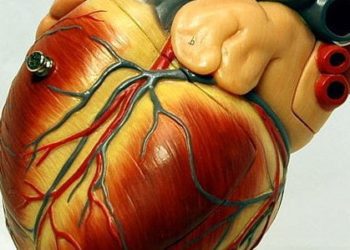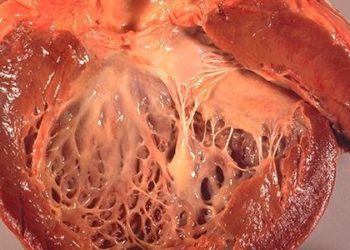Urgent need for improved detection of pediatric familial hypercholesterolemia worldwide
1. 92.4% of children in high-income countries had heterozygous familial hypercholesterolemia compared to 48.0% in non-high-income countries.
2. The majority of patients with confirmed heterozygous familial hypercholesterolemia were not on any lipid-lowering medication.
Evidence Rating Level: 2 (Good)
Study Rundown: Familial hypercholesterolemia affects more than 450,000 children worldwide each year, yet only a small proportion of them are diagnosed before age 18. Better techniques are needed to identify and characterize the presence of familial hypercholesterolemia in this age group. This cross-sectional study aimed to understand the identification and management of children with heterozygous familial hypercholesterolemia (HeFH) in 48 countries. The primary outcome was to assess the current identification of children and adolescents with HeFH. According to study results, the majority of patients studied had a genetically confirmed diagnosis but were not on lipid-lowering mediation, and had a median LDL-C of 5.0 mmol/L. A major strength of this study was the large sample size with patients from around the world, thus increasing the validity of the findings.
Click to read the study in The Lancet
Relevant Reading: 20-Year Follow-up of Statins in Children with Familial Hypercholesterolemia
In-depth [cross-sectional study]: Between Oct 1, 2015, and Jan 31, 2021, 63,093 patients in the Familial Hypercholesterolemia Studies Collaboration (FHSC) were screened for eligibility across 55 regional or national registries in 48 countries. Included were patients < 18 years old with clinically or genetically confirmed HeFH. Altogether, 11,848 patients were included in this study. Approximately half of the patients were female (n=5756, 50.2%) and there was a median age of 9.6 years in the overall cohort (interquartile range [IQR] 5.8-13.2). Identification and management of children with HeFH showed that genetic disease was more common in high-income countries than in non-high-income countries (92.4% vs. 48.0%). Additionally, 72.4% of children and adolescents with HeFH were not on any lipid-lowering medications, despite a median LDL-C of 5.00 mmol/L (IQR 4.05-6.08). Overall, findings from this study suggest that improving detection strategies in childhood is crucial for effective management.
Image: PD
©2024 2 Minute Medicine, Inc. All rights reserved. No works may be reproduced without expressed written consent from 2 Minute Medicine, Inc. Inquire about licensing here. No article should be construed as medical advice and is not intended as such by the authors or by 2 Minute Medicine, Inc.









